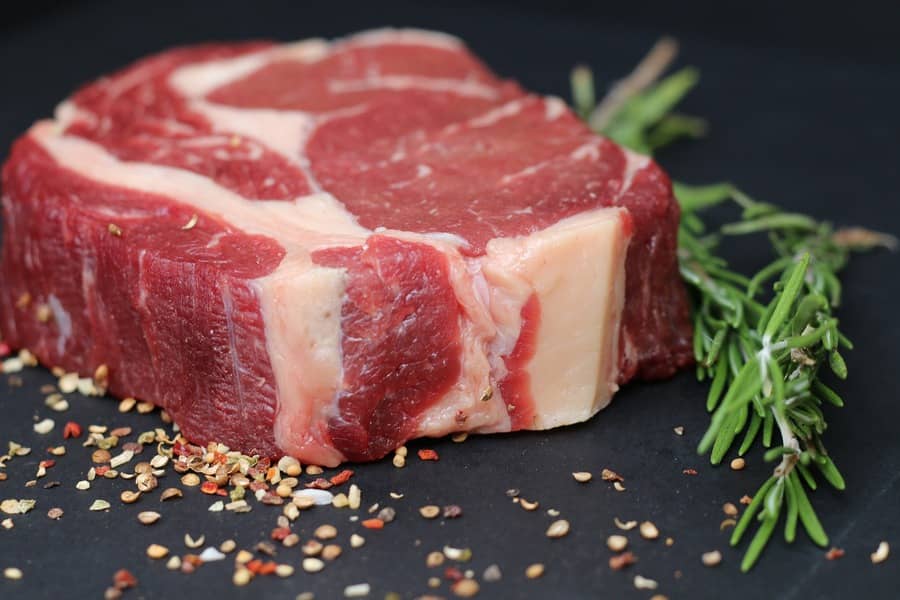Porto Alegre, April 6, 2023 – Animal health problems are the major agenda of the just-finished first quarter. In different ways, Avian Influenza, BSE, and African Swine Fever (ASF) remained present in the market, causing instabilities:
– African swine fever. Speculative news published in the market, such as the recent report by international agencies regarding ASF in China, must be investigated carefully before taking any decision related to production progress. It is worth noting that there is indeed the possibility of sporadic and isolated cases of ASF in China, but nothing devastating as recently reported. Chinese pig farming is currently professional, which ends up helping to control any health problems. The World Organization for Animal Health (WOAH) and the Chinese government have not confirmed cases of the disease in the country. Not even the live pig futures listed in Dalian show a stressful scenario ahead. What happens is that the pork supply is high, and less efficient pig farmers must keep accelerating the sale of animals for slaughter due to losses. China must continue to buy good volumes from Brazil in the coming few months, but that must not result in strong advances in the export result in the final numbers of 2023;
– Avian Influenza. The Influenza situation seems to be giving a truce in Brazil. The cases have had consequences in Argentina and Chile, but more serious problems seem far from Brazil since migratory birds are starting to return to North America. In addition, Brazil adopts protective measures against the disease, suspended fairs where there is an agglomeration of birds, and also restricted outdoor poultry farming. It is worth pointing out that the main Brazilian farms strictly follow the main animal health standards, in which case the risk of contagion is minimal. The same cannot be said about the situation in North America and Europe, the main outbreaks of the disease with the greatest losses;
– Atypical case of BSE in Pará. After 30 days of many problems, China has resumed purchases of Brazilian beef, the market is back in line and about to return to normality. The attempt to renegotiate the health protocol was rejected by Chinese authorities. New accreditation may occur in the next few days, which suggests a greater export flow. The great focus of attention is on the decline in average beef prices in the international market since last year, affecting South America, and renegotiations have been a constant in recent weeks.
Even in the face of the health problems that surround Brazil, it is safe to say that the country will maintain the global leadership of beef shipments and that the global leadership of chicken meat will be even quieter. The fact is that there is a lack of alternatives capable of replacing Brazil globally. Another aspect that contributes to commodity exports needs to be mentioned: the exchange rate remains favorable in Brazil and the rest of South America.
Besides, macroeconomic difficulties are visible in a large part of the South American continent. Inflationary difficulties and the slow growth of economic activity set the dimension of the challenges. In this environment, the trend is for the agroindustry in the region to remain focused on exports. The exchange rate and the difficulties make this direction very clear.
Regarding costs for the meat industry, the Brazilian situation is more comfortable at the moment when compared to the situation in Argentina. The first aspect to be mentioned is that the grain crop in Argentina has once again suffered from bad weather, incurring serious losses, besides the problems caused by the prolonged drought in the situation of pastures, yet another element of sharp losses to the sector.
In addition, Argentina lives with political instability. The local government usually adopts measures that discourage the productive sector and interfere in the decision-making of farmers. The fact is that the timing of the livestock cycle in Argentina points to lower production capacity, unlike in Brazil. In South America, Brazil stands out as a great alternative to beef supply on a global scale. For chicken meat, the differences in production are enormous. Argentina is not very significant in the international supply of chicken meat. The evolution of Avian Influenza across the continent remains to be seen, with the risk dropping dramatically as we approach winter.
From the perspective of demand, the issues inherent to China and its economy remain fundamental throughout the year. When it comes to the global market for agricultural and non-agricultural commodities, China has enormous weight. From the perspective of monetary policy, the Chinese government has chosen to maintain the basic interest rate, unlike other economies. Basically, the strategy of mature economies to raise interest rates increases the possibility of capital outflow from China and potential devaluation of the yuan, which must reduce import capacity.
The devaluation of the Chinese currency was one of the factors that led China to aggressively renegotiate average prices per ton of beef in the international market. The graph contained in this report accurately expresses this movement. The decline in international beef prices contributes to changing the stance of industries in South America, which are unlikely to sharply increase the prices of fattened cattle.
The Chinese pig farming crisis is another facet of the market that cannot be ignored since the local government will adopt measures to protect the investments made in recent years. Credit lines at differentiated interest rates, the composition of state pork reserves, and a possible reduction in imports of animal protein are strategies that have already been routinely adopted by the Chinese government. Therefore, the year for the meat sector has good opportunities, but there are still health and market challenges to be overcome.
Follow the Safras Agency on our website. Also follow us on our Instagram and Twitter and stay on top of the main agribusiness news!
Copyright 2023 – Grupo CMA

